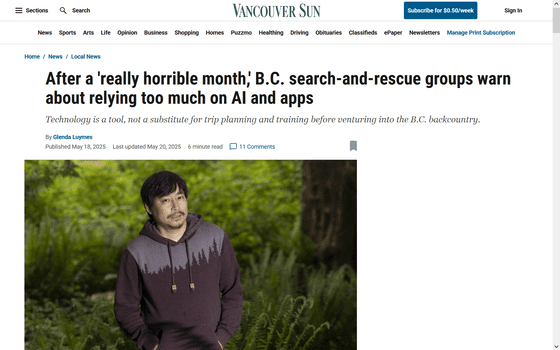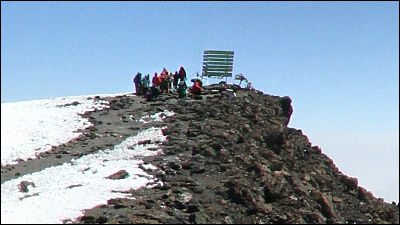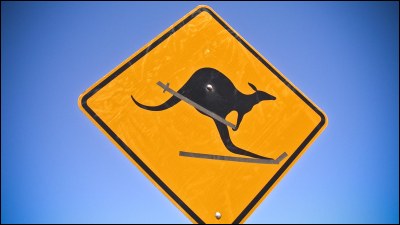Rescue workers criticize 'people climbing mountains guided by AI'

The head of a search and rescue team in British Columbia, Canada, has criticized the fact that many people are taking on reckless mountain climbing after receiving advice from AI. In recent years, there have been many mountain accidents in Japan, but similar problems seem to be occurring in other regions as well.
BC search-and-rescue groups warn about relying too much on AI, apps | Vancouver Sun
https://vancouversun.com/news/c-search-and-rescue-groups-warn-about-relying-on-ai-and-apps

Brent Calkin, leader of the Lions Bay Search and Rescue team in British Columbia, said they experienced a 'really bad month' in the spring of 2025 after people were stranded in their area.
In one case, two hikers relied on ChatGPT and Google to navigate a mountain trail, but because they were unaware that snow was falling and were wearing regular shoes, they were unable to descend and had to call for rescue. In addition to this, there have been two accidents in three days in which people who climbed a trail guided by an AI navigation app ended up trapped in the snow, and it seems that there is no end to the cases of climbers who rely solely on AI getting lost.
Following the search, Lions Bay Search and Rescue issued a statement saying 'chatbots and apps are not always the best tools for navigation' and warned of the dangers of relying too heavily on technology.

This problem is not limited to British Columbia. According to Mountain Rescue England & Wales, a volunteer mountain rescue team operating in England and Wales, the number of dispatches in the region in 2024 will exceed 1,000 for the first time in history, and has increased by 24% over the past five years. In particular, the number of rescues in the 18 to 24 age group has almost doubled in five years, and the team concluded
A summary by the Japanese National Police Agency (PDF file) reports that the number of mountain accidents in 2023 was the highest since statistics began being kept in 1961. It did not report whether AI or apps were the cause. The National Police Agency lists 'submitting a mountain climbing plan and mountain climbing notification' and 'using a mountain climbing map app and a paper map together' as preventive measures.
When Calkin tested the AI, the question 'What snow-free mountains can I climb near Vancouver in May?' was answered with a warning that 'Lake Banzen and Quarry Rock are appropriate, but check the conditions and bring the right equipment.' However, the vague question 'What mountains can I climb near Vancouver?' was answered with no warning, suggesting that 'Lions and Panorama Ridge in Garibaldi Provincial Park,' which require advanced skills to climb and are mostly covered in snow. From this, Calkin points out that 'the answer changes greatly depending on how you ask the question,' suggesting that even if you use AI, it depends on how you use it.

'Technology can be very helpful, but it's no substitute for planning, skill and experience,' Culkin said. 'Time of year is a big issue in British Columbia. The most popular spots are the summits, but they're only open from July through to October. And AI can't tell if the information it provides is old or new, so look for real-time information.'
Related Posts:
in Posted by log1p_kr







